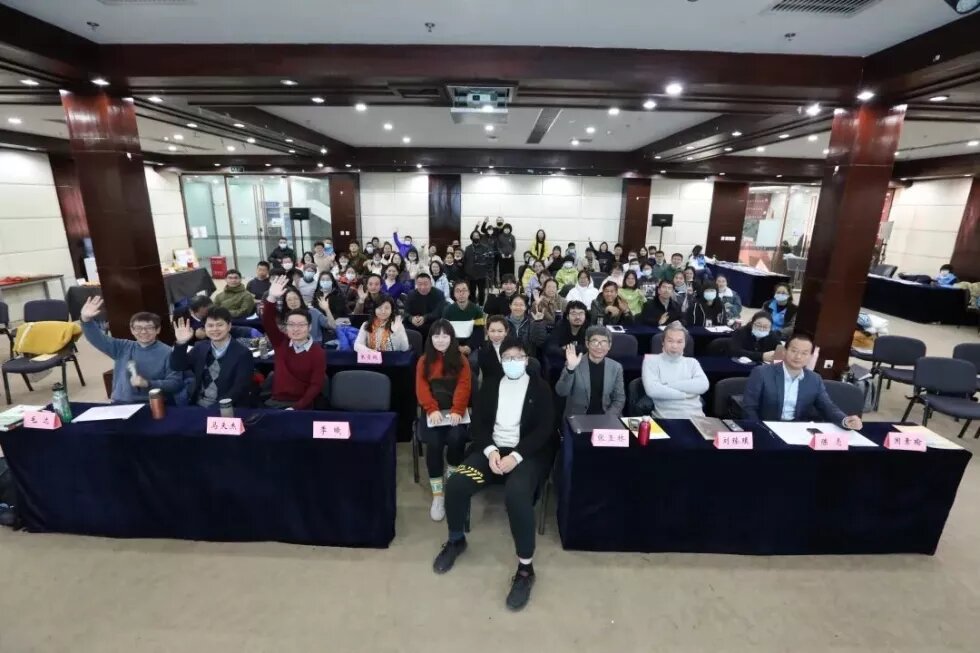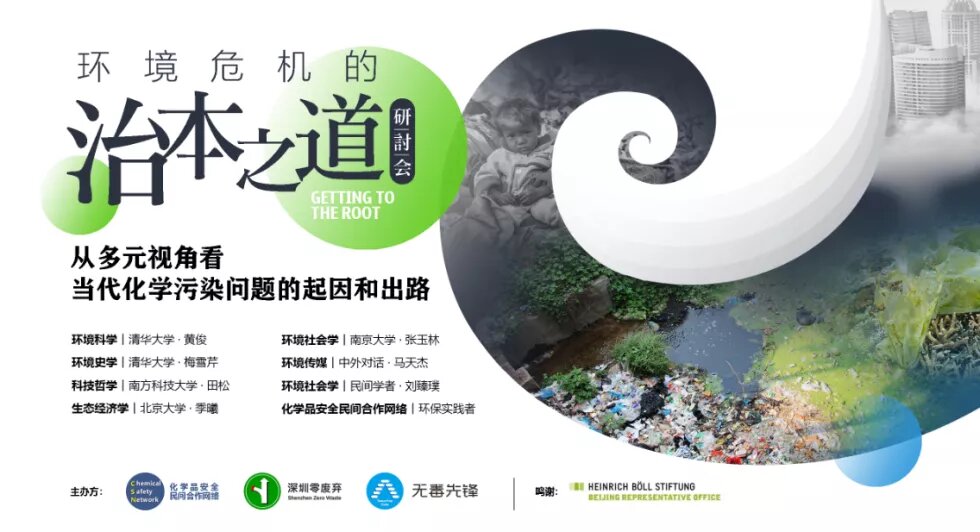

The Chemical Safety Network (CSN), a national network of civil society organizations, was established in 2019. The network engages in research and advocacy on numerous issues related to chemicals safety management and currently includes 16 member organizations.
In the end of November 2020, with additional coordination provided by Shenzhen Zero Waste and support Heinrich Böll Foundation’s Beijing Representative Office, the Chemical Safety Network organized a transdisciplinary workshop in Beijing to discuss and explore causes of and possible solutions to chemical pollution.
The workshop was chaired by Dr. Mao Da, the head of Shenzhen Zero Waste. More than 70 people from Chinese civil society organizations, research institutions and media organizations participated in the workshop. A number of leading experts from different disciplines presented their approaches and research findings regarding current chemical pollution issues and, more broadly, the root causes of environmental pollution from multiple perspectives of history, economics and sociology.
Professor Huang from Tsinghua University introduced data and findings regarding global chemical pollution. According to a WHO (2016) calculations, 1.6 million deaths worldwide resulted from chemical pollution. Notably, unlike the visible pollution caused by well-known pollutants, chemical pollution is often invisible and hidden. Pharmaceutical and personal care products (PPCPs) with certain nanomaterials (NMs) tend to include persistent organic pollutants (POPs) and endocrine disrupting contaminants (EDCs) that deserve urgent attention. China’s 14th Five-Year Plan and the associated 2035 long-term development target propose to address the issues arising from these pollutants. Professor Huang stressed that strong awareness and concrete actions are needed from all walks of life to solve these environmental problems.
Professor Mei from Tsinghua University revisited the history of the industrial revolution and industrialization in Western countries over the past centuries and various environmental issues in the process thereof. In contrast, in China similar environmental crises emerged all at once in a very short period of time. Historically speaking, people’s perceptions and understandings of various environmental pollution problems have been changing over time. As these issues are highly complex, academic research, environmental governance and citizen’s participation all offer important perspectives that need to be taken into account.
More specifically, Professor Tian from Southern University of Science and Technology presented critical views about the cause of the current environmental crisis from the viewpoint of science, technology, product, industry, pollution and waste (STPIPW). He pointed out that the framework of a so called “industrial civilization” does not allow us to get rid of STPIPW.
Associate Professor Ji from Peking University, highlighted the impossibility for an economy to grow constantly. Evidence from archaeologists shows that the deterioration of ecological environments is probably one of the most important reasons for economic decline.
In addition to the above analysis, both Professor Zhang from Nanjing University and Mr. Liu, a citizen scholar, shared their views about various environmental impacts brought about by the social norms of resource distribution in industrialized society from the angle of consumerism or over-consumption.
In order to better address various emerging and existing environmental challenges, Mr. Ma, the head of China Dialogue Beijing Office, highlighted the importance and the connotations of the precautionary principle in environmental science: taking precautionary action in the face of uncertainty, before any potentially serious and irreversible environmental or health damages occur.